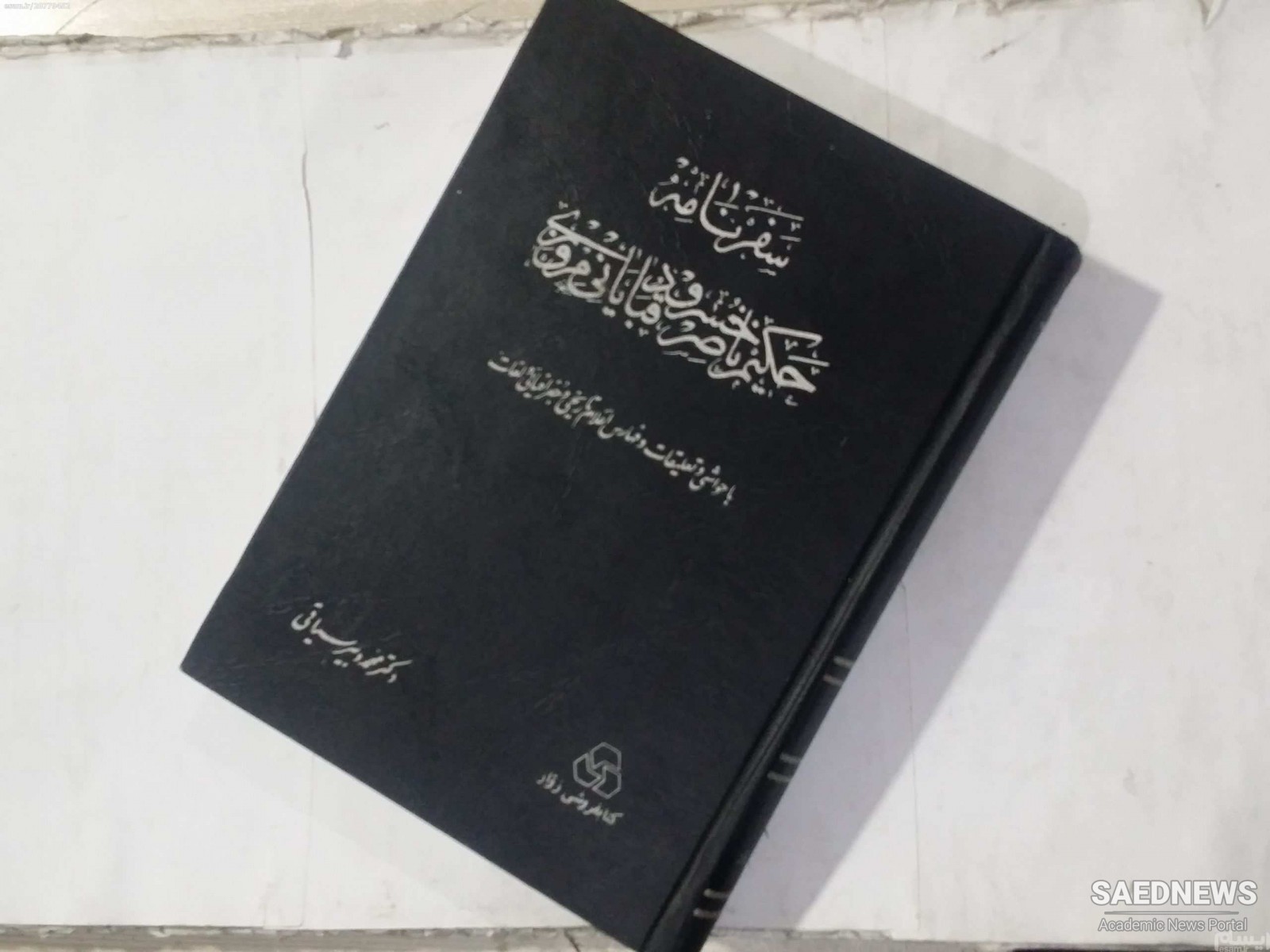The Safar-nama is record of an expansive journey undertaken by a Persian poet and philosopher, Nasir Khusraw, in the mid-11th CE century. He travelled from Central Asia to the Mediterranean Coast, Egypt, Arabia and back and appears to have compiled his Safar-nama in the latter half of the same century.
Nasir Khusraw is esteemed as one of the great Persian poets and philosophers. The delight in his works has led centuries of Persian-speaking people and others to admire him for his literary capabilities. Amongst the Shi'a Ismaili Muslims, he is also revered as a prominent da‘i of the Fatimid era (r. 10th-11th CE century).
The Safar-nama, or literally “Travelogue,” is a simple and accessible text written in eloquent Persian. It seems to have been written to impress the reader with the sometimes strange and often wonderful things seen by Nasir during his travels rather than with the linguistic skills and capabilities of the author.
The rich tapestry of the Safar-nama, woven from the intellectual curiosity and unique world view of a master craftsman, is a rewarding and enlightening read. Nasir offers meticulous descriptions of the cities and towns he visits. Along the way, he shares with his readers amusing anecdotes and keen insights into not just culture, history, society, and geography but also into human nature, and the innate capacity of human beings to flourish in marvellous ways. These aspects of his narrative style afford the reader a rare glimpse into Nasir’s agile and curious mind.
Underpinning the captivating descriptions of the world, however, one finds the voice of an individual in relentless pursuit of truth; someone with a burning desire to seek answers to the questions of existence and purpose in the world, where bounties and perils exist side by side.
The Safar-nama has also been studied extensively, in the Persian-speaking world and beyond, for clues it might offer to the history of customs, society, religion, and archaeology.


 Nasir Khusraw Kubadyani the Sage
Nasir Khusraw Kubadyani the Sage














































